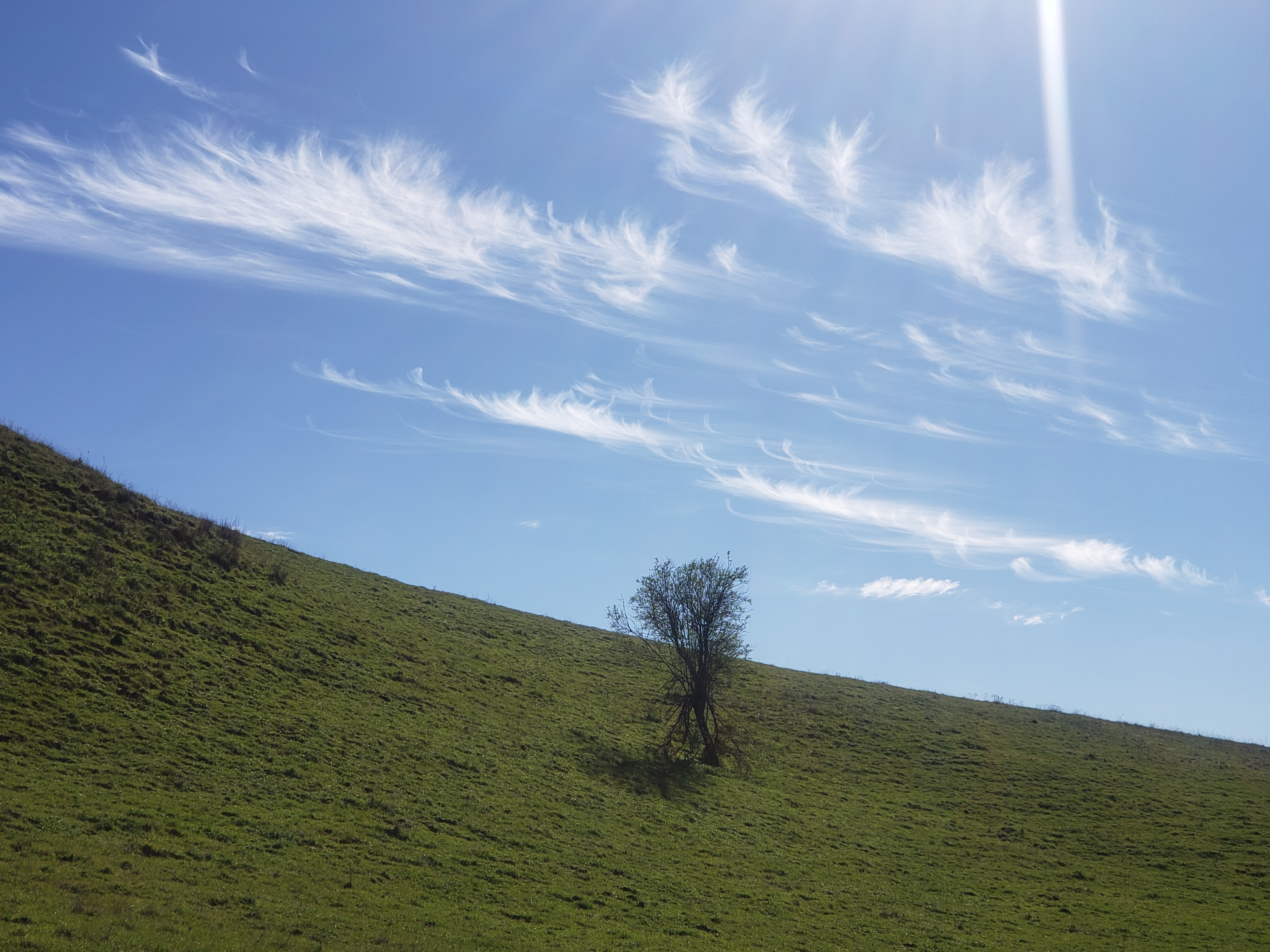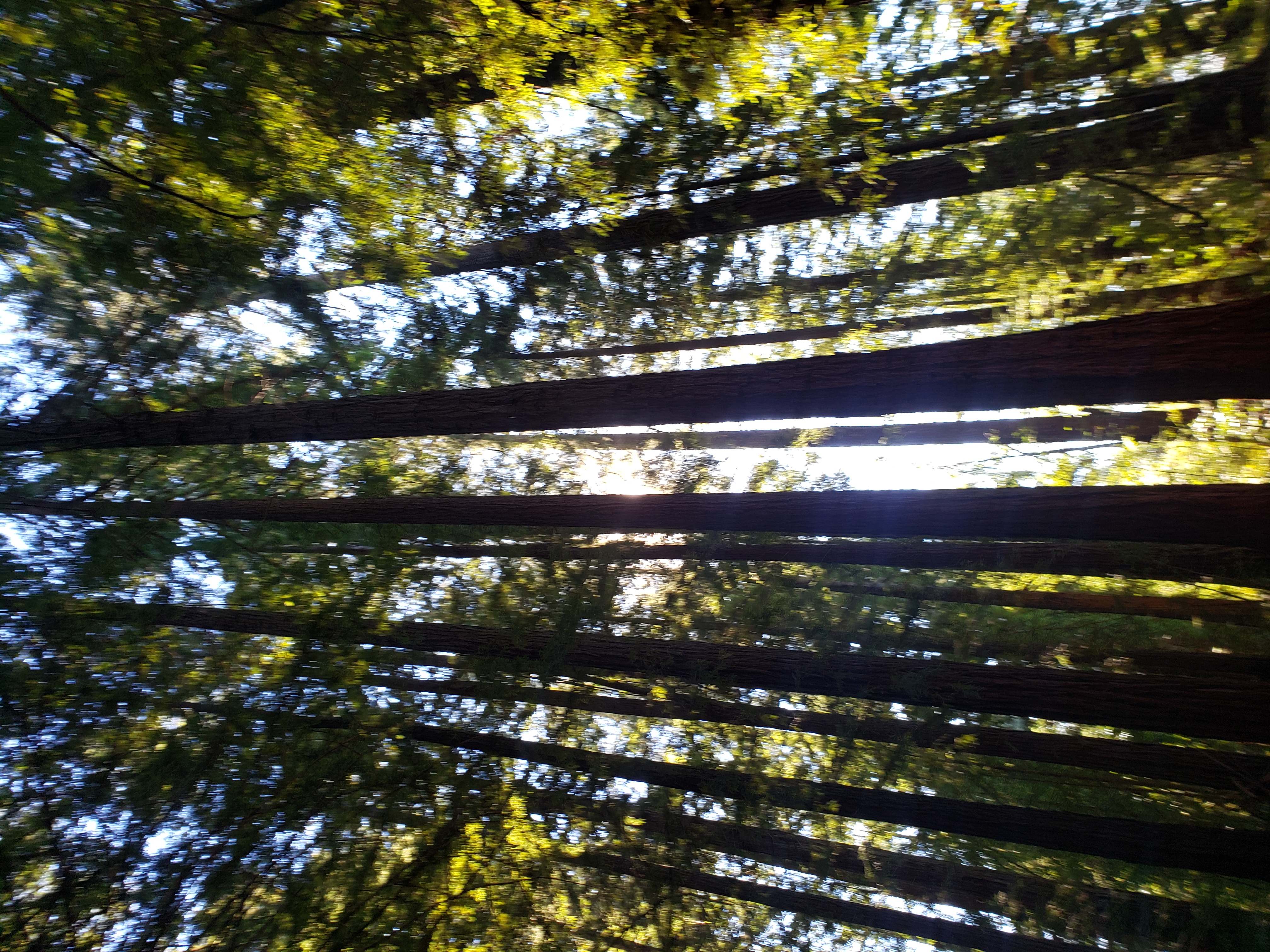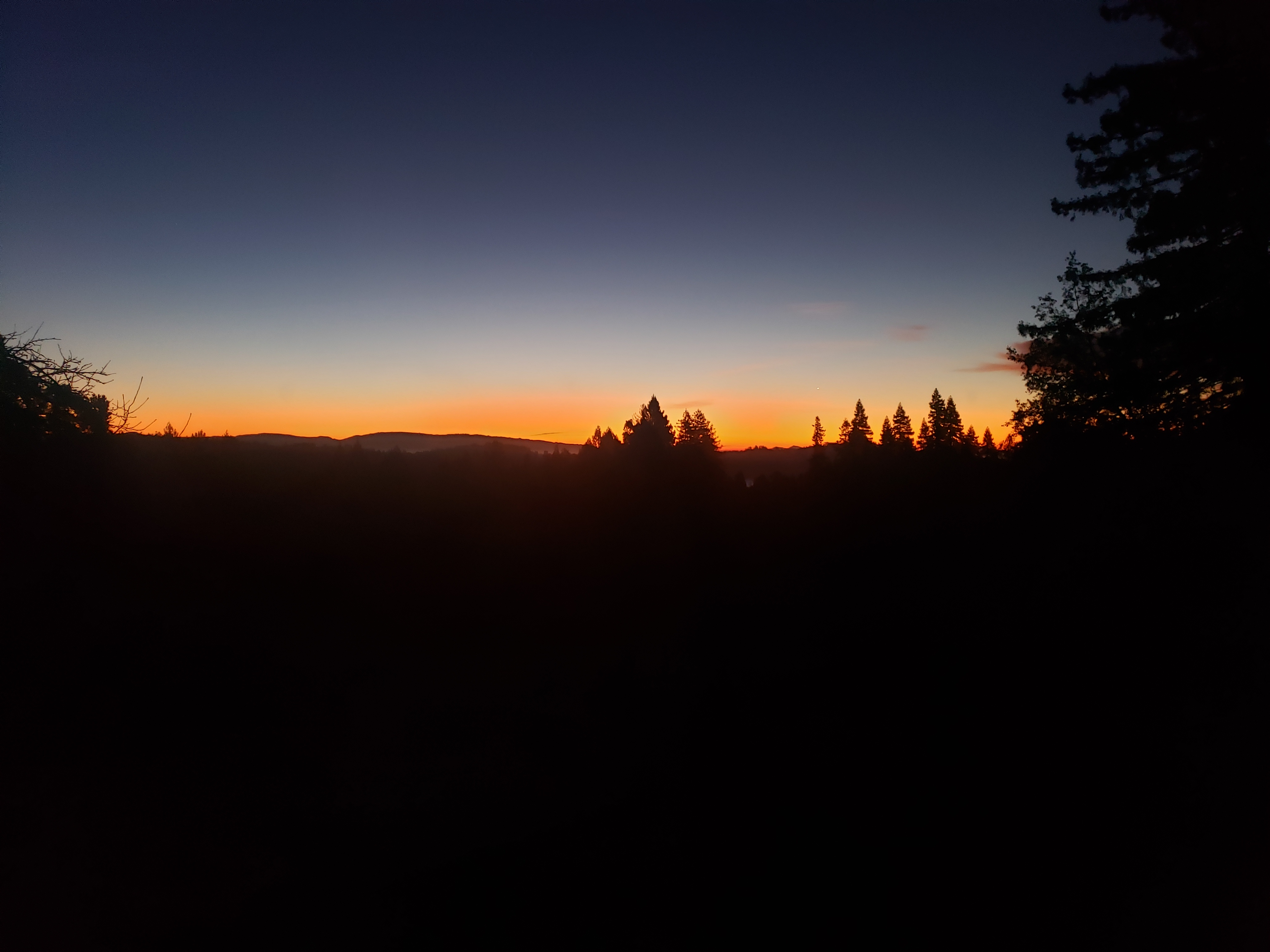“Loyalty” is not a very popular American word, probably for good reason. For many, it conjures up images of “blind loyalty,” and the kind of over-faithful following that leads people to do terrible things.
And, for many we see the value in challenging authority, bucking norms, and making what Rep. John Lewis called “Good trouble.”
Nonetheless, all of us are caught up in patterns of loyalty, all the time. This is not the conscious sort of loyalty, but a deeply unconscious and often paradoxical sort. It can even be expressed through behaviors that consciously are intended and look like disloyalty.
How does this all work? The place to start is belonging. No one has ever erred in over-estimating the power of our drive to belong. It’s tenacious business – deeply biological and deserving of enormous respect. We can see it in our mammal cousins, where it’s critical to survival to retain your place in the flock, the herd, the pack and the school. Even for solitary-type species like Polar Bears, it’s critical in the early years to stay close to the mother and the other litter mates.
These creatures insure their survival by learning the ways of their progenitors and matching the behaviors of their peers. If they do this well enough, they belong, and they are far more likely to survive and thrive. Nature is pretty unsentimental about this (elephants aside!); if a member is injured, sick or unable to keep up, the group eventually moves on.
Humans retain this basic mammalian wiring. Many different things run our experience of connection and belonging – including the infinite types of community values that vary from culture to culture – but this survival driver remains as part of what contributes to how we experience togetherness. Just think of a time when you were part of a group, and you got left out of something important, and you will notice the instinctive fear of not-belonging inherited from our mammalian predecessors.
The next influence is history, culture and the varieties of human experience. These mold our ancestors and us. Good luck, tragedies, and the impossible-to-track influence of time and place shape our forebears complex rules and patterns (mostly unconscious) of what it means to be who they are. Food, ways of negotiating intimacy, the propensity for violent conflict, clothing, religion, song, cycles of agriculture, unexpected natural disasters, temperature, terrain, and so much more – these create a unique people. And somehow, they manage to bear us into the world.
We come equipped with a stunning need to belong to them. Even under the most injurious of circumstances, we have to figure out in childhood how to belong to these people upon whom our survival depends. Later, in adulthood, we might reject them and their ways, but the deepest childhood imprinting has already impacted us. We may move to the other end of the planet and adapt ways that our people would find offensive, but over time we notice how we still bear some of their most deep-seated patterns. Indeed, we may see that even in our rejections we paradoxically still carry their ways with us.
But a lot of this remains invisible to us. For instance, we may have spent decades trying to solve the problem of our depression, without noticing the ways in which deep grief, carried by ancestors with profound trauma, is exactly the way we have unconsciously found to remain loyal to our family. Or, a life in which we are unable to form deep intimate bonds expresses the loyalty we have to a family that was unable to connect and care for each other due to an historical event that broke the family at its core.
This kind of loyalty is an expression of serious survival instinct. But it is also a sign of our love. Again, this may be heartbreakingly paradoxical. It may feel like rejection. But underneath it is the child’s instinctive love for their ancestral origins.
The West Coast Constellations Intensive continues, exploring these themes. We’ve completed two of our Saturdays, and we have three more to go. Our next Saturday on April 10th is on Loyalties and Belonging. We will be diving into this theme using the remarkable approach of constellations work to uncover our deeper, hidden loyalties, and find unexpected ways to honor the life we received from our ancestors, while releasing the need to be loyal in ways that may not have been serving us well. See details below.
How have you experienced your paradoxical loyalties? Let’s expand the conversation! Share your thoughts and questions on my blog, below.



Leave a Reply